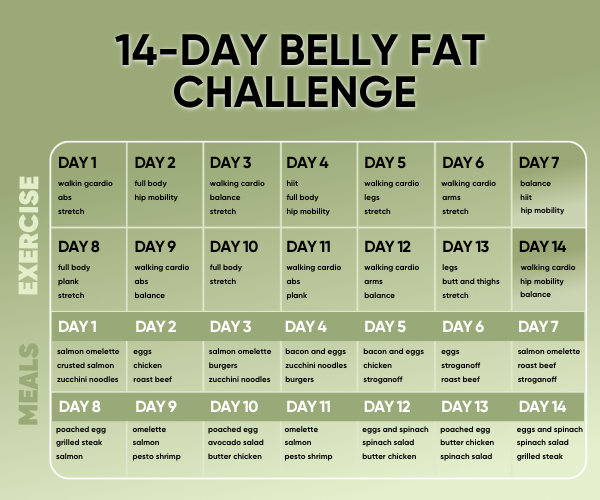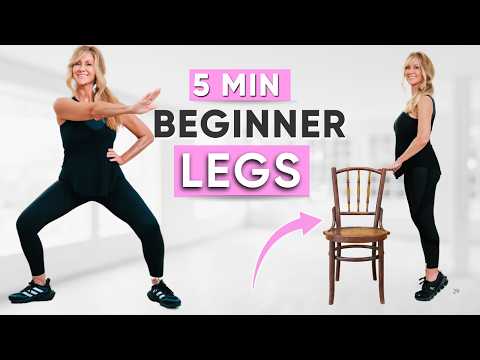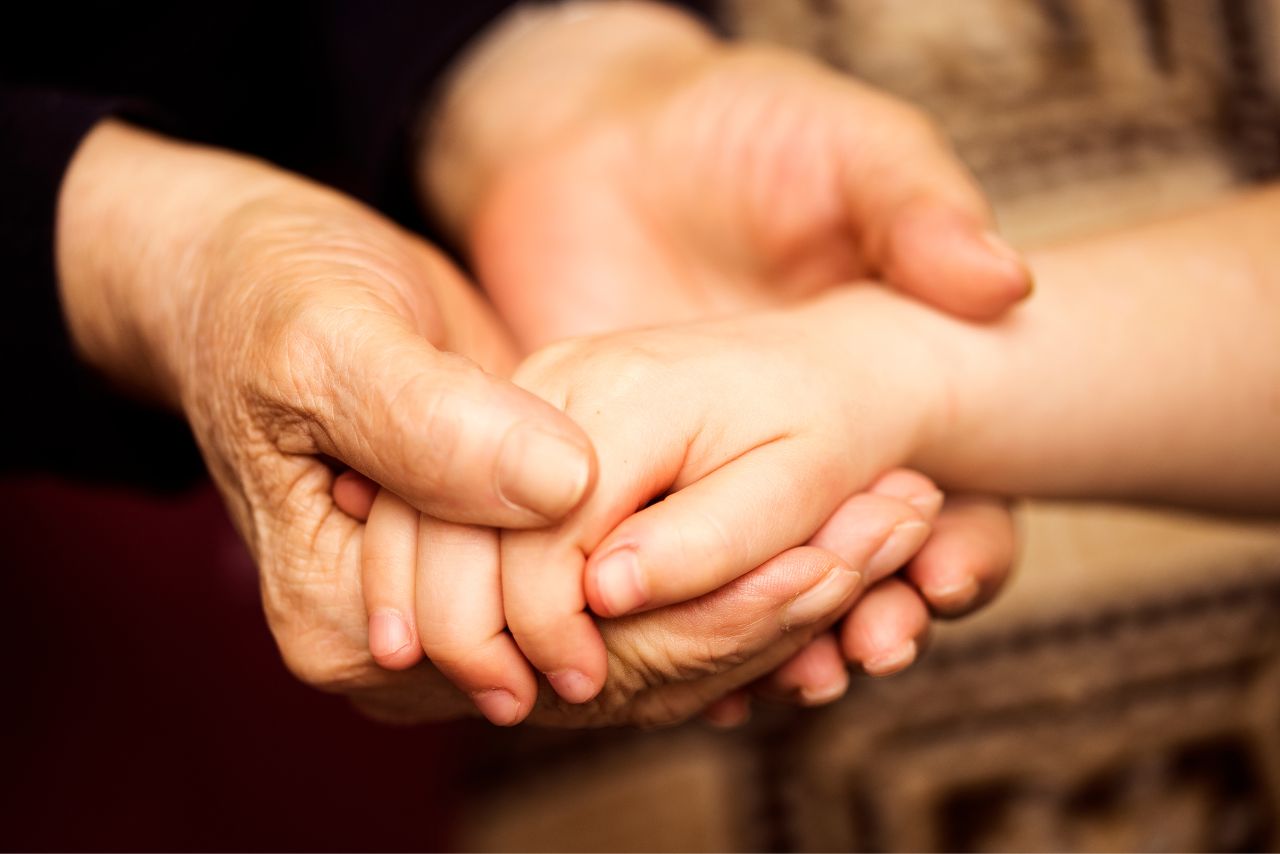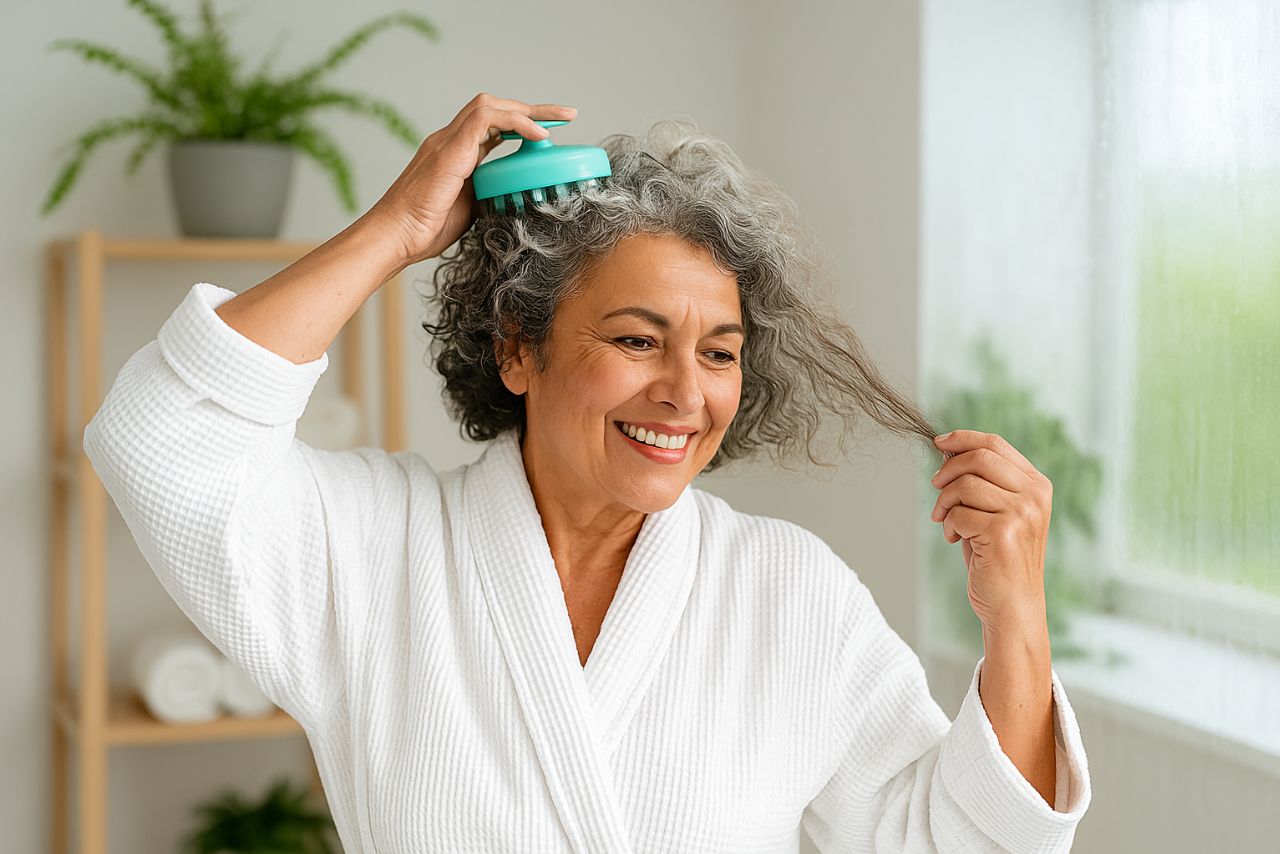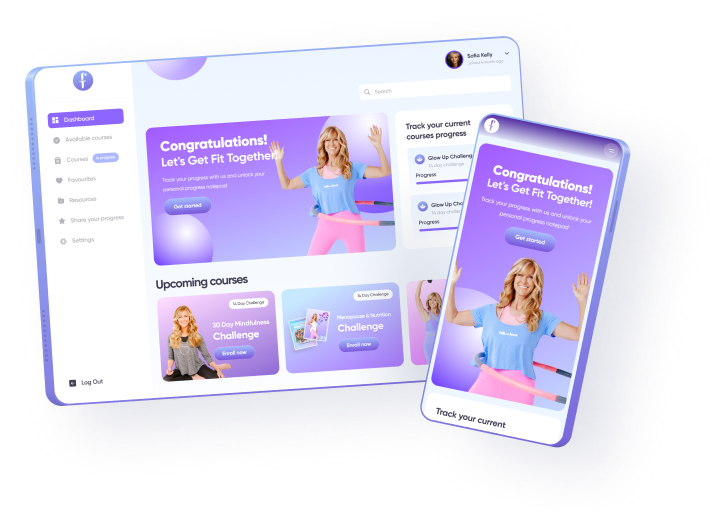
One quiet truth about getting older is that our groups of friends change all the time, sometimes quickly and sometimes slowly. Children grow up and leave home, careers wind down, and old routines change.
When these changes happen, a lot of women in their fifties and up realize that they don’t have as many friends as they used to. I know what it’s like to have a calendar that used to be full of plans but now has more empty spots than lunch dates. It’s not just that I miss having company. It’s about what those absences do to our health and well-being.
As we get older, we feel more alone, and research has shown that this can lead to a number of health problems, from memory loss to heart disease. But as a positive note, research has shown that close, strong friendships can be healing.
The Harvard Study of Adult Development, which is one of the longest studies ever done on aging, found that good relationships, not money, fame, or even diet, are the best predictor of health and happiness as we age.
Friendships keep our brains sharp, our hearts resilient, and our spirits joyful. Luckily, it’s never too late to make or strengthen those connections.
Why Friendships Matter More After 50
Many of us move on to a new part of our lives when we turn fifty. As mothers, workers, or caregivers, our roles start to change, giving us more time but also sometimes more alone time.
Some of the social networks we used to have around our kids’ schools or our workplaces may get smaller. At that point, the chance of being lonely is very high.
Loneliness isn’t just an emotional ache; it’s a health hazard. The Mayo Clinic reports that chronic loneliness is associated with higher risks of depression, cognitive decline, high blood pressure, and even premature death.
Some studies suggest the effects of social isolation on mortality are as harmful as smoking 15 cigarettes a day. This is why friendship after 50 is a necessity. Stress-relieving activities like talking, laughing, and sharing experiences with close friends lower cortisol levels and keep our bodies and brains from getting damaged as we age.
The Brain Benefits of Connection
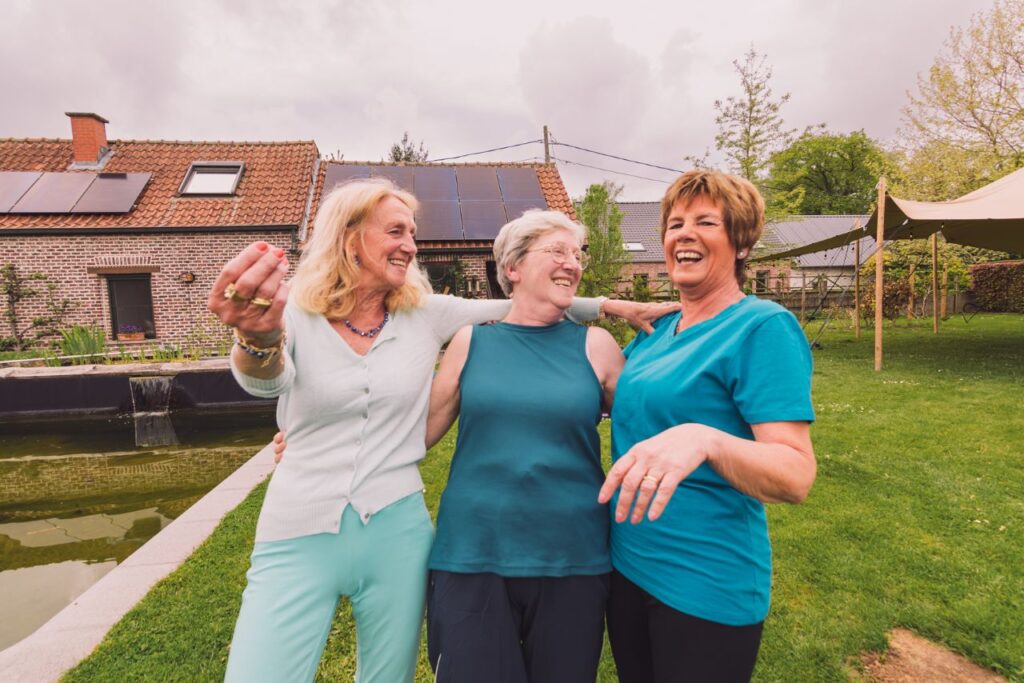
I know my best friends do more for me than just keep me company because they know my quirks, my worries, and the stories I’ve told them a hundred times. They keep my mind active. Sharing memories, talking about current events, even planning a trip together requires cognitive engagement. This mental stimulation is protective against memory loss and dementia.
The Harvard Study found that people who felt more connected to others experienced sharper memories, while those who were isolated saw earlier declines in brain function.
Friendship after 50 is like exercise for the brain: it challenges us to listen, respond, and stay mentally flexible. Even simple chats over coffee can be like a daily crossword puzzle for our neurons.
READ ALSO: 13 Healthy Aging Tips for Women over 50
The Heart Health Connection

Friendship is healing for our hearts. Studies from the Mayo Clinic and American Heart Association show that loneliness and aging often go hand in hand, raising risks for heart disease, stroke, and high blood pressure. But strong social ties lower those risks significantly.
How? When we feel connected, our bodies produce oxytocin, the so-called “bonding hormone,” which reduces stress and lowers blood pressure.
Friends can also push us to do things that are better for us, like joining a walking group, cooking healthy meals together, or politely reminding each other to keep up with medical checkups.
I remember a friend who got me to try yoga when I was 54 years old. That which began as a fun activity has turned into a routine that keeps my heart and body steady.
The Hidden Struggle of Loneliness and Aging

Many women don’t talk openly about loneliness, but it’s more common than we realize. According to a report, almost a quarter of adults 65 and older are considered to be experiencing social isolation. Things got even worse because of the pandemic, especially for women whose social networks were already weak.
What I’ve noticed in my life is how loneliness creeps in subtly. Sometimes it’s something small, like not having anyone call you on Friday night or realizing that no one has asked how your day was. Sometimes those quiet times weigh on us more than we realize.
But naming the problem is the first thing that needs to be done because it lets us choose the connection on purpose.
READ ALSO: 7 Daily Habits Backed by Research to Lower Your Risk For Depression After 50
How to Build and Strengthen Friendships After 50

The beauty of midlife is that we can become more intentional about the people we invite into our lives. We no longer need to maintain friendships that drain us, nor do we have to settle for surface-level acquaintances.
Here are some research-backed, practical ways to nurture meaningful relationships:
1. Rekindle Old Connections
There’s something special about reaching out to a childhood friend, an old colleague, or a cousin you’ve drifted away from.
Researchers have found that renewing old friendships can be just as satisfying as making new ones. Even a simple message such as “I thought of you today” can initiate a conversation.
2. Join Interest-Based Groups
Whether it’s a book club, gardening circle, dance class, or volunteer project, joining groups based on shared passions is one of the easiest ways to meet like-minded women.
A study in the Journal of Aging and Health found that volunteering in particular boosts both mental well-being and social satisfaction among older adults.
3. Prioritize Quality Over Quantity
At 25, we might have wanted a big circle of friends. At 55, it’s about depth. Research suggests that having one or two close, supportive friends is more beneficial than dozens of casual contacts. Choose relationships that allow for vulnerability, honesty, and laughter.
4. Be the Initiator
Sometimes we wait for others to call, but connection often comes when we make the first move. Invite a neighbor for tea, organize a small walking group, or suggest a monthly lunch.
We show others we value their company when we take the lead, and they usually do the same for us.
5. Nurture Friendships Online—But Balance It
Social media can be a lifeline, especially for long-distance friendships. Video calls and group chats keep us connected. Remember, though, that online connections shouldn’t take the place of real-life ones. There are health benefits to talking to someone in person, like the calming effect of touch and being in the same room as someone.
READ ALSO: Thankful for Friendships: How To Build and Cherish Relationships Over 50
My Personal Reflections on Friendship After 50
For me, the richest friendships are the ones that feel like a safe harbor. They don’t require perfection. We can sit in silence, laugh until our sides ache, or cry without apology.
I’ve learned that being seen and accepted is what makes a friendship last after age 50, not always doing things together or agreeing on everything.
One of my closest friends and I have a ritual: every Saturday morning, we walk the same trail near my home. We talk about everything, from our pain in the joints to our favorite new shows that we can watch all at once. That simple rhythm grounds me. It reminds me that friendship isn’t about grand gestures. It’s about consistency and care.
Friendship as a Longevity Strategy

Healthy eating, regular exercise, and sleep are all pillars of longevity. But what we sometimes overlook is that relationships belong on that list too.
The Harvard Study of Adult Development concluded that strong relationships are as important for longevity as not smoking and exercising. In fact, those with supportive friendships lived longer and reported better health even into their 80s.
It’s easy to think about wrinkles, bone density, and muscle tone when we think about how to age well. But our emotional lives are just as important.
Friendships give us purpose, keep us engaged, and help us weather life’s inevitable losses. They truly are one of the most powerful “anti-aging” tools available to us.
READ ALSO: Healthy Aging Secrets: How Relationships Can Help You Live Longer
Final Thoughts
After 50, friendships protect our hearts from disease, our brains from decline, and our spirits from loneliness. And perhaps most importantly, they remind us we’re not walking this journey alone.
If you’ve been feeling the quiet ache of loneliness, I want you to know this: it’s never too late to connect. Whether you rekindle an old bond or open your heart to a new friend, each step toward connection is an investment in your health, joy, and future.
Friendship after 50 may just be the best medicine we have for our brains, our hearts, and our souls.

